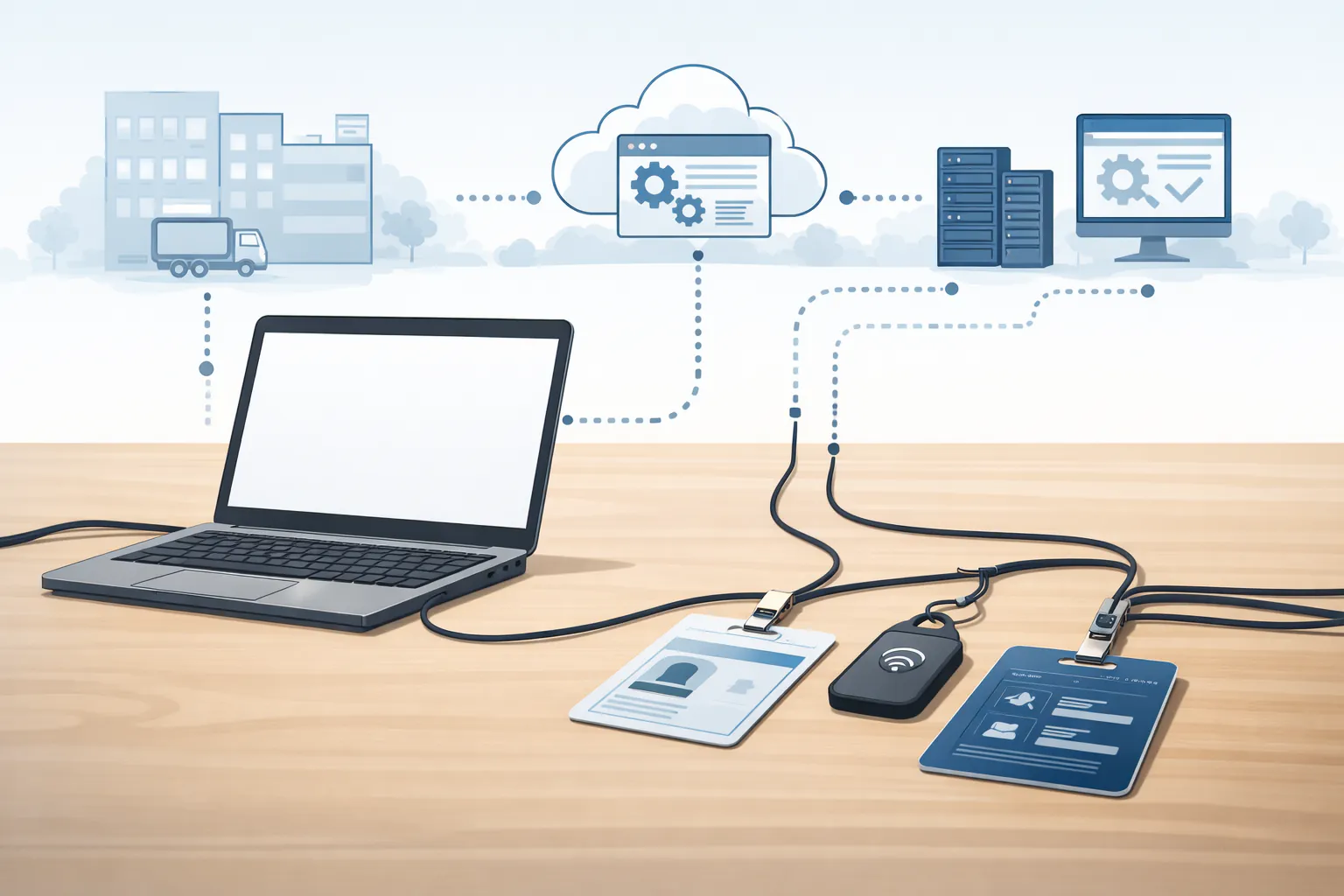Winning Mobile App Strategies for Today: How to Build and Scale Your App
Key Takeaways
- Innovative Tech Integration: Leverage AI, ML, and AR to create personalized and functional mobile apps.
- UX-Centric Development: Focus on intuitive design and seamless functionality for superior user experiences.
- Robust Security Measures: Prioritize user data protection and privacy to build trust and ensure app reliability.

Building a mobile app is easy—said no one ever.
But there’s a method to the madness, and that’s what we’re breaking down here: the strategies to take your mobile app from idea to reality and keep it thriving.
You’ve got the keyword, and we’re going deep into the essentials: growth strategies, user experience, technology stack, and more. We’re about to cover what it takes to not only build but scale your app like a pro.
1. Start with Market Research (Don't Skip This)
It’s tempting to jump into app development with your idea already in mind. But here’s the deal: market research is non-negotiable if you want your app to make a splash.
You need to know:
- Who your competitors are
- What your users actually want
- What features other apps are lacking
Skip this, and you’ll be pouring time and money into something nobody wants. You can easily kick things off with some competitive analysis using tools like Google Trends or mobile app analytics platforms.
2. Nail Your Growth Strategy Early
When we talk about growth strategy, it’s not just about ads and SEO. You need a rock-solid plan from day one on how you’ll acquire, engage, and retain users. It's about early traction—getting the first 1,000 users before you try to scale to 100,000.
Growth strategies involve:
- App Store Optimization (ASO) for higher rankings in both the Apple App Store and Google Play Store
- In-app incentives like referral programs or giveaways to boost user acquisition
- A/B testing for different app functionalities or layouts to boost user engagement
3. Build an Intuitive UX—Don’t Overcomplicate It
User experience can make or break your app’s success. You could have a killer app idea, but if it’s clunky to use, people won’t stick around. Prioritize UX/UI design during the development phase.
Keep these in mind for a smooth experience:
- Simple navigation: If users can’t get where they need to go in 2-3 taps, you’re doing it wrong.
- Speed matters: Optimise the app for quick load times. Poor speed is a killer.
- App testing: This is where wireframing and prototyping come into play. Test out different designs early on with beta users to iron out any kinks.
Pro tip: Read more about UX/UI design services on how to get your app’s interface right from the start### 4. Choose the Right Tech Stack
You want to set your app up for success long before you start writing a line of code. Choosing the right technology stackis key because the wrong one can cripple your app’s performance, scalability, and security.
Should you go native or cross-platform?
Here’s how to make the call:
- Native development means building apps specifically for platforms like iOS or Android. This gives you more control over performance but might cost more.
- Cross-platform development uses frameworks like React Native or Flutter to create apps that work on both platforms. This is cheaper but could compromise on user experience.
You’ll also need to consider cloud technology for scalability, so when your user base grows, the app doesn’t crash . Check rvices on cloud migration and modernization for more details .
5.G Technology
5G is not just a buzzword—it’s going to change how apps are built and used. With faster speeds and lower latency, apps that are data-heavy (think AR, VR, or gaming) will perform exponentially better.
Future-proof your app by designing it to leverage 5G’s capabilities. This includes optimizing for higher data streamingor real-time functionalities like live streaming or instant messaging.
6. Prioritise Security—No Compromises Here
Security is a huge concern for mobile apps. One breach, and your users are gone. Full stop.
Some core practices include:
- Encryption: Make sure that all sensitive user data is encrypted end-to-end.
- Two-factor authentication: This extra layer of protection can save you a lot of headaches down the line.
- Regular app testing: Don’t just test for bugs; test for vulnerabilities .
And with cloud apps, yot to ensure that cloud architecture reviews are part of your app’s development .
7. Maintenance & Updey to Longevity
Getting your app out there is just step one. The real work comes after launch—maintaining and updating it to stay relevant.
Apps need constant updates for:
- Bug fixes
- User feedback
- New OS versions
You’ll want to set up a team or a DevOps pipeline to make these updates regularly . Neglect this part, and your app will fall petitors.
8. Think Long-Term: AI and Automation
Artificial Intelligence (AI) is the next frontier. Incorporating AI tools in your app can lead to features like:
- Personalized user experiences
- Predictive analytics
- Automation for processes like customer service or recommendation systems
It's worth considering these advanced tools early on, as they could become a core part of your app’s growth strategy.
FAQs
Q: How do I choose between native and cross-platform development?
It depends on your budget and the user experience you want to deliver. Native apps tend to perform better but are more costly. Cross-platform is cheaper and faster to develop, but you might sacrifice a bit of performance.
Q: Why is user feedback important in app development?
User feedback is your goldmine for improving the app. What you think users want and what they actually need are often very different. Early feedback lets you pivot before you’ve wasted time and money on the wrong feature set.
Q: How does 5G impact mobile apps?
5G allows for faster data transfer and lower latency. Apps that rely on real-time data (e.g., live streaming, AR/VR) will perform far better with 5G, giving users a smoother, faster experience.
By focusing on these strategies, you’re setting your mobile app up for long-term success.
Keep the growth strategies in place, stay on top of user experience trends, and always think about future-proofing with the latest technologies like cloud and 5G.
Ready to turn your mobile app idea into a reality? Contact us today.
Explore more on related services:




